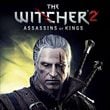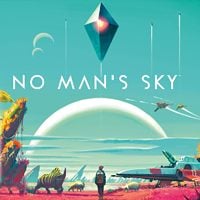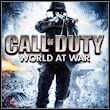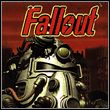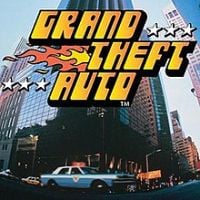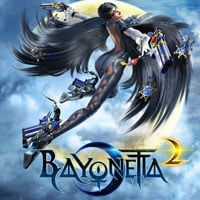GTA 1 – a blend of ideas. 7 big hits that almost got cancelled
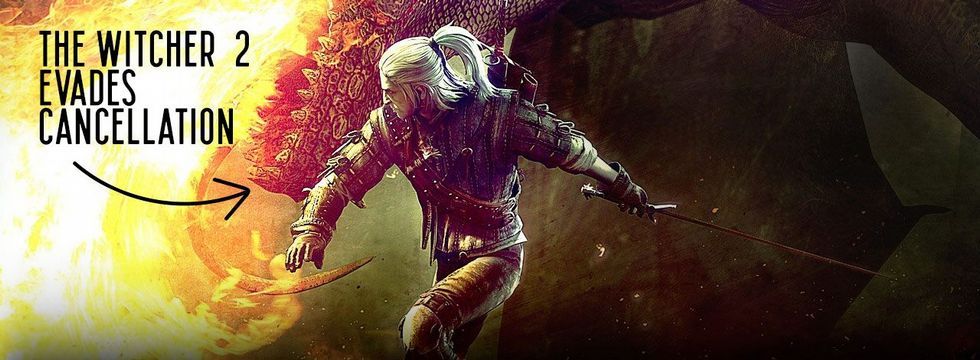
- 7 Big Hits That Almost Got Cancelled
- GTA 1 – a blend of ideas
- Bayonetta 2 – saved by Nintendo
- No Man's Sky – a cathartic experience
GTA 1 – a blend of ideas
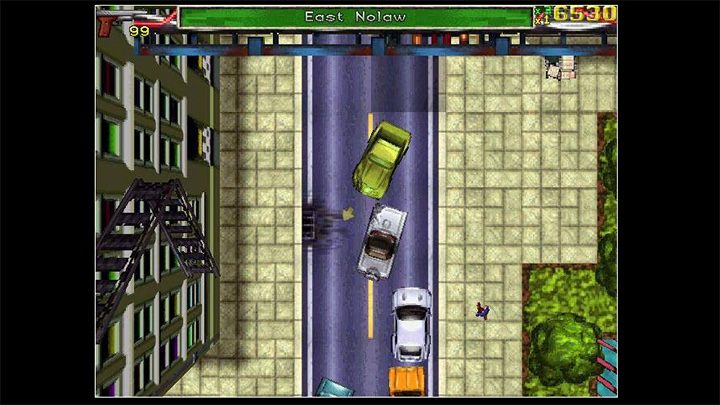
- Release Date: October 27, 1997
- Developer: DMA Design
- Genre: 2D sandbox action game
Today, only the oldest veterans of gaming remember that the iconic Grand Theft Auto series began as a two-dimensional game with top-down view. The devs of the original GTA weren't known as Rockstar North (DMA Design) and were based in Scotland. Suffice it to say that work on the first Grand Theft Auto was problematic. The developers had many ideas about what the game should look like, and some of them were completely contradictory. Moreover, individual pieces of code created by the smaller teams did not fit together at all. The designers of levels and gameplay mechanics did one thing, and the script writers and mission creators did something altogether different.
GTA was a blend of random bits and pieces that made up a meaningless pulp, rather than an engaging action sandbox. This particularly irritated the publisher, BMG Interactive (later Rockstar Games), who insisted on scrapping the project. Gary Penn – one of the DMA staffers at the time – recalls that meetings with BMG were held weekly, and each time, the main subject was the push to abandon the project, which the Scots strongly opposed. Despite all the troubles, they still believed that something really good could come out of it. And oh boy, were they right! Had it not been for their persistence, had they yielded to publisher pressure, today, we could have lived in a gaming world without GTA 5 and that great anticipation for part six.
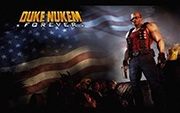
Duke Nukem Forever – between a bin and a production hell
Duke Nukem Forever is a bit of a unique case that doesn't quite fit into our list. The game didn't turn out a smash hit, nor even a reasonably successful title, and its biggest success was that it was actually released at all. DNF was the king of vaporware - a product that had long since surpassed any reasonable production time frame. It has won as many as nine of Wired News' slightly ironic Vaporware Awards.
The game became famous thanks to a record-breaking 14 years of production, during which, whenever players completely forgot that a sequel to Duke was in the pipeline, some preview tidbits were revealed, reigniting the hopes that something was happening after all. After several years of such a tussle, losing any residual rapport they'd have left, and becoming an industry meme, Gearbox finally released a Duke Nukem Forever game. In 2011, however, no one was impressed anymore.
Fallout 1 – a would-be victim of Diablo
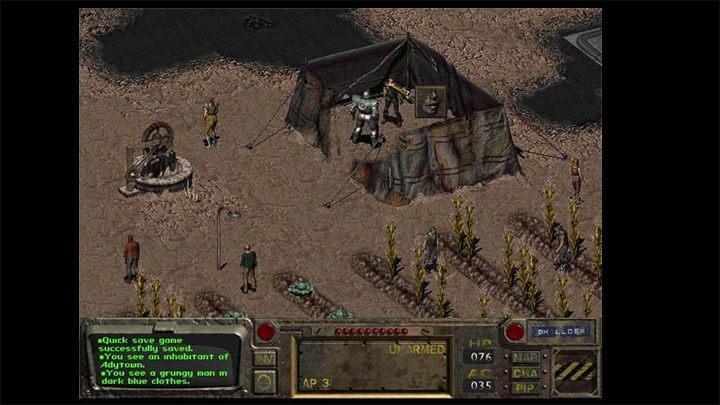
- Release Date: September 30, 1997
- Developer: Interplay Entertainment
- Genre: isometric RPG
"War, war never changes" – when hearing it for the first time, probably no one realized they're witnessing one of the most famous quotes in gaming history. The cult-classic postapo was created over a long period of time and was at the very bottom of the priority list, while the decision-makers at Interplay wanted to delegate its creators to other, "more important" projects.
Fallout, or rather the initial concept for a game of its kind, was the work of a single desperado – Timothy Cain of Interplay (later Obsidian Entertainment). Cain created the engine and core gameplay on his own, without any pay, taking advantage of then-popular GURPS mechanics – invented by Steve Jackson and used in live RPG sessions.
It wasn't until six months later that he hired a screenwriter and a graphic designer, and assembled a team of 30 over the next three years. Everyone worked mostly during afterhours as they were busy with other ongoing Interplay projects. Early on, studio heads warned Cain that a game about the post-apocalyptic fate of the remnants of humanity would be too bleak and depressing for anyone to enjoy in a game. And the author actually took this seriously. At first, he wanted to use his engine to create a game in a traditional fantasy universe, and then considered an idea, which had the protagonist travel back in time to the Mesozoic Era and to space, in order to save his "princess."
Especially that last bit was strongly supported by everyone involved in the side project, and the post-apo wastelands were almost abandoned. However, once they set their minds on it, once Brian Fargo spent a weekend with the game and decided it should be called Fallout, rather than Vault 13, or Post Nuclear Adventure, the biggest obstacle appeared – the board.
The first battle began with the acquisition of the Forgotten Realms and Planescape Dungeons & Dragons licenses. Interplay wanted to shift all resources to work on these popular universes, considering Fallout a waste of time and energy. Cain had to beg them to let him proceed with the project. The second harbinger of disaster was the release of Diablo. Interplay was delighted by Blizzard's hit and began pushing Cain to redo Fallout's turn-based combat into real-time and also add a multiplayer mode. Timothy miraculously managed to convince his bosses to stay with the original concept again, though this time the specter of cancellation was closer than ever. The third blow was the withdrawal of Steve Jackson and his GURPS system before release, as he found Fallout too grim and violent a game for his taste.
Cain's team was given two weeks to create their own RPG mechanics, which reportedly resulted in some amazing crunch nights. Despite a few setbacks, the game was finally released, and almost all these concerns turned out to be unfounded. Fallout has become one of the most prominent and influential games in history.
